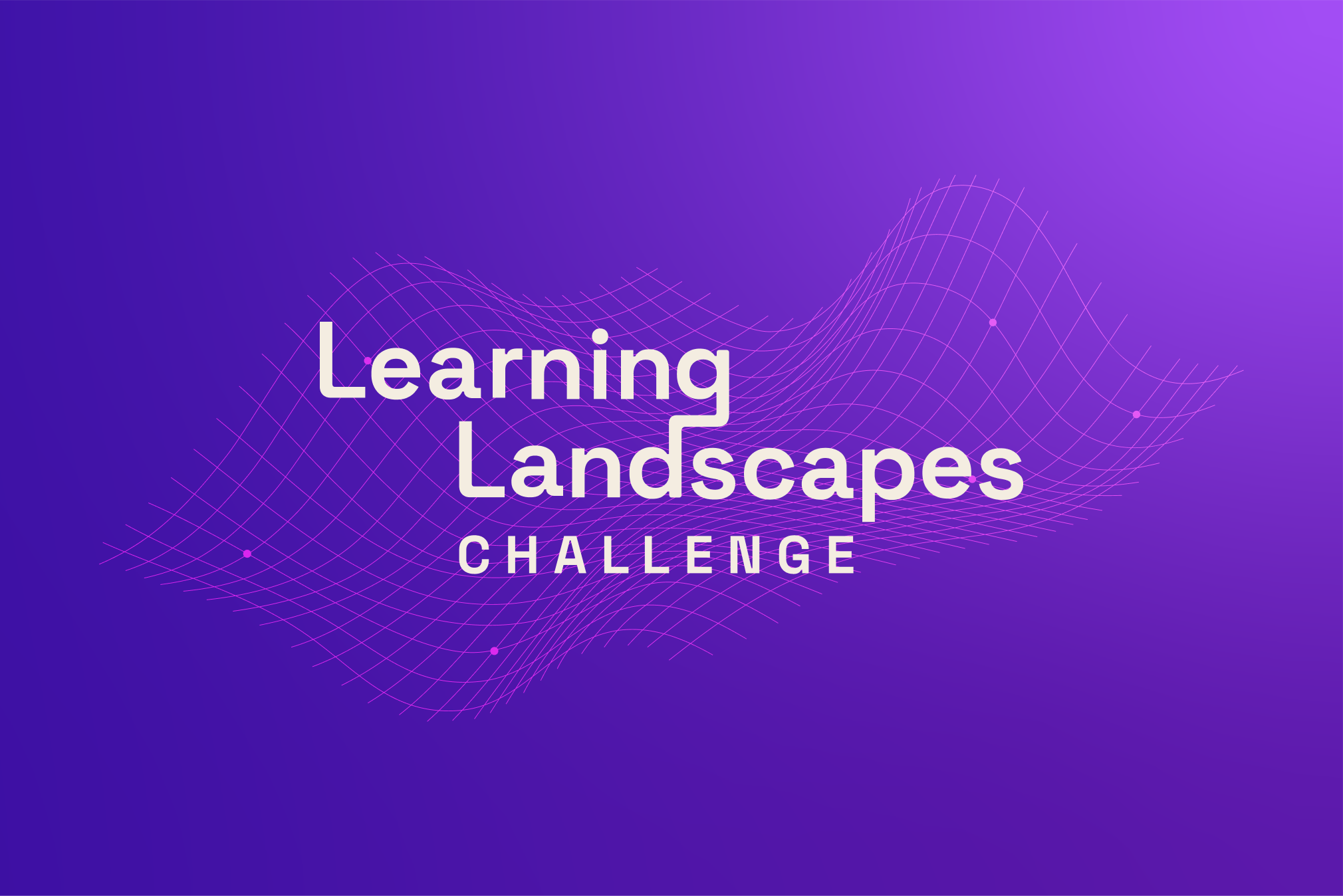$2.2 million Learning Landscapes Challenge is accelerating infrastructure solutions to deliver and connect learning experiences across contexts.
With major environmental, political, and technological shifts already underway, the education system’s need to adapt is greater than ever. Across the United States, forward-thinking education innovators are already experimenting with highly effective models of personalized and experiential learning — but their solutions face barriers to adoption and scale.
With the right structures and tools to expand their reach, innovative learning experiences can reduce achievement gaps and drive long-term success for even more students. Multidimensional solutions that incorporate physical, digital, and social infrastructure can cohesively integrate and expand the scope of educational experiences across digital, in-school, and community contexts, meeting students where and how they learn — at scale.
This week, Siegel Family Endowment and the Walton Family Foundation launched the Learning Landscapes Challenge, a $2.2 million competition to design and build future-ready K-12 education environments. Phase 1 invites changemakers to propose infrastructure solutions that deliver and connect digital, in-school, and community-based learning experiences.
Increased federal investment in infrastructure has created a unique window of opportunity. Without cross-cutting approaches, community and educational infrastructure investments could miss the chance to develop and implement solutions that improve learning access and quality. The Learning Landscapes Challenge, designed and produced by Luminary Labs, is connecting these dots and incentivizing partnerships to integrate the physical, digital, and social infrastructure required to meet K-12 students’ learning needs now and in the future. The challenge provides funding, support for cross-sector partnerships, and tailored technical assistance to help changemakers develop and scale new infrastructure solutions.
The challenge will unfold across three phases designed to identify and support concepts and teams with the potential to achieve tangible, transformative impact — while laying the foundation to scale innovative learning beyond a single community. In Phase 1, eligible entrants will develop and submit concepts for innovative infrastructure solutions by May 14. Judges will evaluate submissions according to official Phase 1 evaluation criteria; based on their evaluation, the judges will recommend up to 40 Phase 1 winners. Each Phase 1 winner will receive $5,000.
Phase 1 winners will be exclusively invited to participate in Phase 2, a 14-week virtual accelerator, to further refine concepts and build the partnerships needed for implementation. Phase 2 winners will receive $200,000 each and advance to Phase 3, where they will have access to tailored support and mentorship focusing on concept implementation and sustainability. At the end of Phase 3, up to two grand-prize winners will receive $500,000 each to support implementation of their delivery solutions.
Find out more about the Learning Landscapes Challenge and register for the March 13 virtual information session.
Connect with us at SXSW EDU
Say hello to the Luminary Labs team in Austin: Our team will be at SXSW EDU to meet people working on new learning models, delivery methods of the future, AI, and education R&D.
On Tuesday, March 5, join us in Siegel Family Endowment’s Futures Studio to chat about the Learning Landscapes Challenge. Sign up to attend the breakfast conversation.
Also on Tuesday, Luminary Labs Engagement Manager Natalia Allen will lead a panel discussion on “Space Skills for Careers on Earth” with speakers from NASA, the National Space Council, and the University of Central Florida.

